Be Kind
In one of her final posts, Caroline Flack reminded us that compassion and empathy is more important than ever.
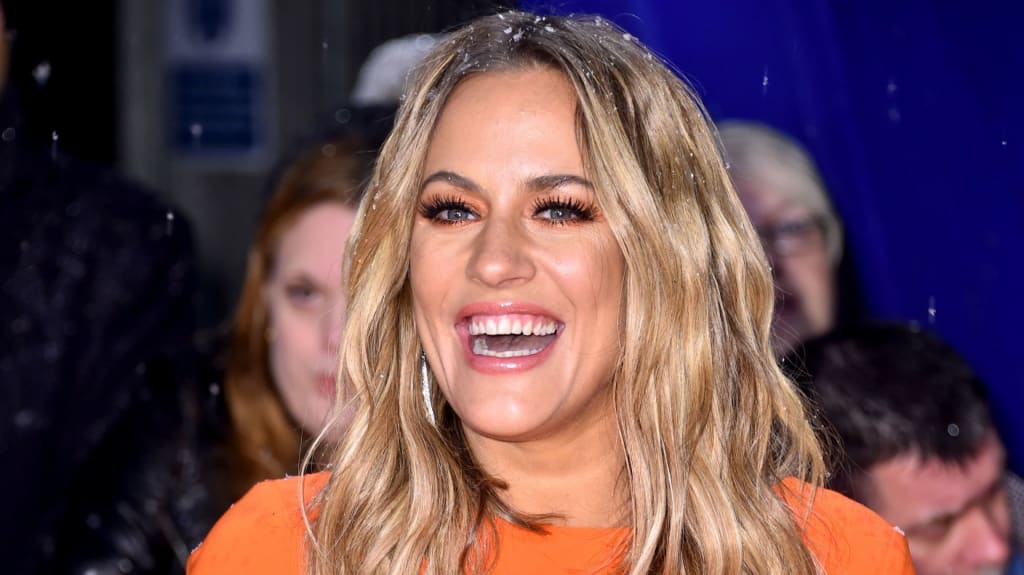
Even towards the end she was mocked.
A valentine’s day card depicting Caroline Flack in a heart with the caption: ‘I’ll f****** lamp you’, was plastered across social media and certain tabloid outlets. It was a reference to the impending court case surrounding an alleged physical altercation between the Love Island presenter and her boyfriend, Lewis Burton.
She was still innocent, with the court case starting in the next few weeks. But to the media online and the trolls on Twitter, Caroline Flack was already guilty, and her struggle and trauma was therefore free game.
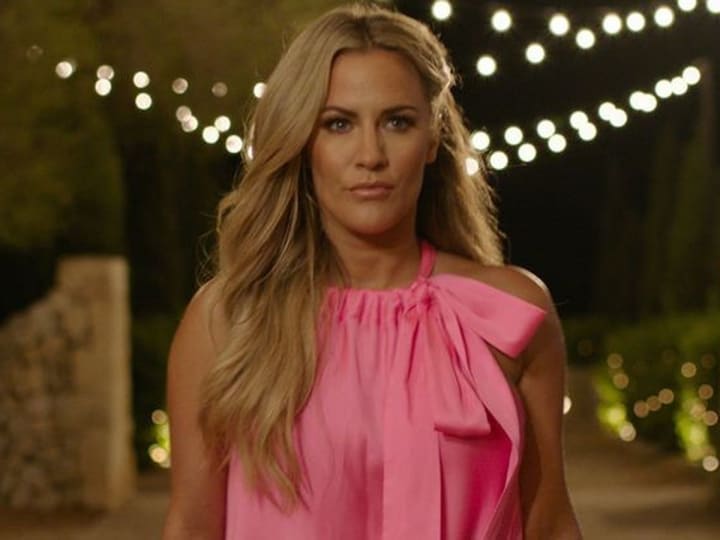
With a target pinned to her back, it was only a matter of time until the constant arrows of scrutiny and nastiness would hit bullseye. And now Caroline Flack is dead, taking her own life after months of unrelenting headlines and speculation over her private life.
The shock and devastation of the news has brought a simple question to the forefront; when will we learn?
For far too long we have looked at some of those within the public realm as commodities whose traumas and mistakes sell well. The addiction for clickbait has shrouded elements of the Press, with no thought for the individuals at the centre. And with a lack of due care and consideration, parts of the media have manifested into a vile and often destructive beast, and sadly we’ve been the one’s who have refused to trap, control and lock it away.
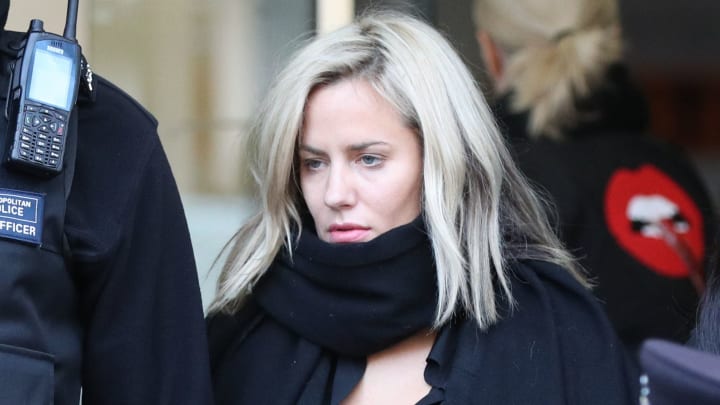
It may seem harsh, but most of us are part of the problem. For some obscure reason we seem to revel in the ‘fall from grace’ narrative. We enjoy a scandal and willingly take to social media to vent our ‘holier than thou’ response.
When the news broke over Caroline’s death, it was astonishing to see so many who had contributed to her most recent anguish and humiliation with “thoughts and prayers.” Followed by the promotion of good mental health and the importance of speaking to someone when in desperation, it leaves a bitter taste in the mouth when we already know how this tragic event will unfold.
Nothing will change.
In a month’s time, some celebrity will make a mistake. Like all human beings, they’ll do or say something which will cause a reaction and the dog pile which blighted the last months of Caroline’s life will continue. We’ve seen it happen before. Our society is dominated by it. We no longer lift people up, we haul them down, we destroy; pillage and plunge the sanctuaries of empathy and replace them with unjustified judgement.
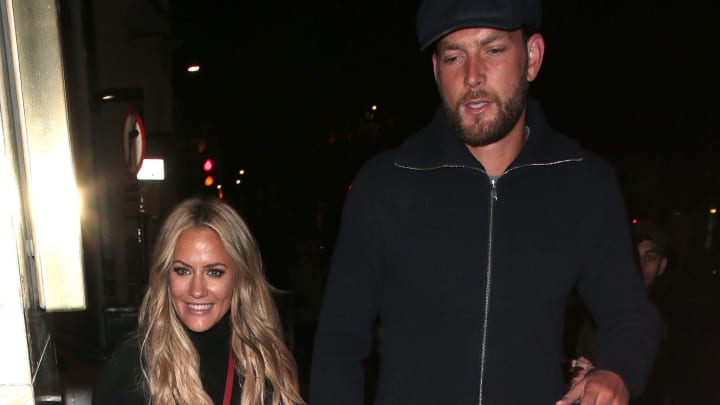
Society today has taught us that to make ourselves feel better, others must feel worse. It’s a lesson which is damaging.
When the allegations against Caroline Flack were revealed, she had fully cooperated with the police. Her boyfriend actively refused to help the prosecution and sought to drop the charges, disputing their version of events. The CPS (Crown Prosecution Service) disgracefully went ahead with a trial irrespective of how vulnerable Caroline was.
From all directions it was as if Caroline had already been convicted, by the undemocratic and poisonous court of Twitter and the CPS. She was as guilty as sin and the trolls wanted the world to know it.
There is no denying the positives social media brings. For campaigns, charities and journalism, there are plenty. News can break in real-time. A simple act of innocent kindness can become ‘viral’ and transform a person’s life. But this rhetoric is fading beneath a darkening and obstructive cloud of primitive hate.
Twitter gives us the permission to project the worst parts of ourselves to the world whilst wearing a digital mask. Our frustrations, jealousies, fears and hate can be condensed into 240 characters and then exploded onto the world’s most discussed timeline with a click of a button. We can physically mute the response, block the counter arguments and drown out the backlash. But what if you can’t?
240 characters may not seem like much but imagine thousands of tweets bombarding your account. Too many to block. Too loud to mute. You’re left swimming in a sea of hostile backlash and there is no land in sight. Some find the strength to swim. Others don’t. But instead of encouraging those thrashing in the waters of social media’s ‘cancel culture’ to stay afloat, we can instead pull the plug and drain the toxicity.
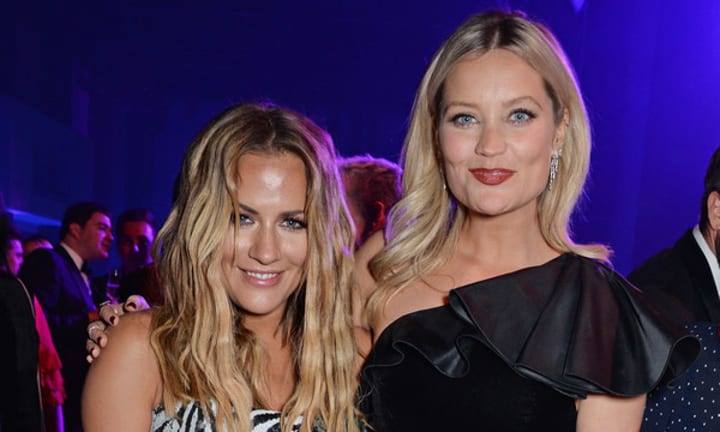
Only we – the users and readers – can change how the media and Twitter operates. We feed the beast every time we seek out clickbait. We bestow power to the trolls when we answer back. The ‘cancel culture’ is our Frankenstein’s monster and only we can kill it.
Caroline Flack was a kind-hearted soul who deserved so much more. Her death must become a wake-up call to the forensic dissection of public figures who make mistakes. There is nothing wrong in reporting the news, or even giving an opinion, but how we phrase our words and the context of which they appear matters.
She was a woman who was obviously struggling, we know this because she told us commenting on an Instagram post: “This kind of scrutiny and speculation is a lot to take on for one person to take on their own.” Yet the response she received was more harassment, abuse, scrutiny and mocking.
It is almost unbearable to think of the pain and shock her family and friends must be experiencing at this difficult time, and their grief will be untenable. But against such unnecessary tragedy and loss, we can and must do better next time, because sadly there will be a next time. So, let’s start now.
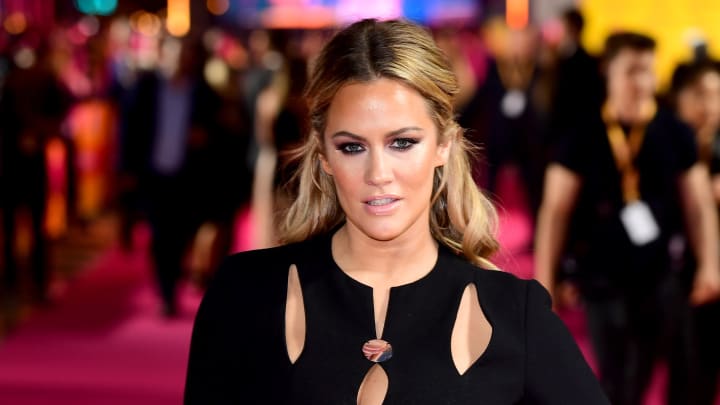
The politics can wait, but in revising our approach to the mainstream and social media outlets, put aside the judgements. Cast aside the belief that wealth, power, success and fame excludes you from the stresses of everyday life. That insults and derogatory assassinations of character don’t hurt and cause damage. Dispel the view that those who trip up and make mistakes aren’t worthy of compassion or empathy. And think before you type.
In one of her final posts to Instagram, Caroline shared an image of a quote: ‘In a world where you can be anything, be kind’.
Her death is a devastating blow. She was a phenomenal presenter and was adored by all those who knew her. How sad that the world which loved her, in the end became too cruel.
Be kind.
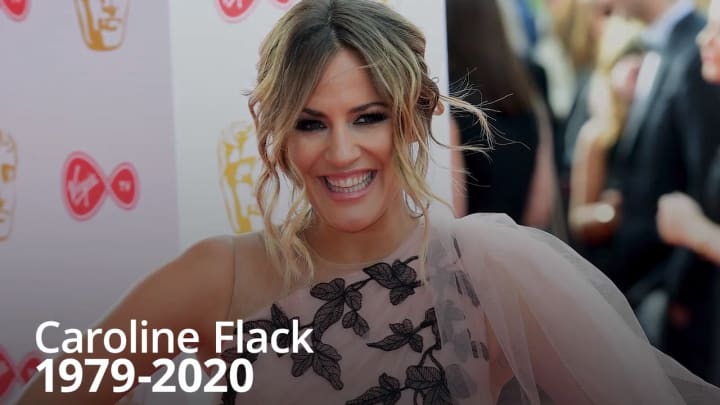
-------------
Visit our website for more:
-------------
To read more articles like this, see below:
About the Creator
Jonathan Reed
Our blog covers everything from entertainment, Movies, Politics, The Royal Family and so much more!!
Let's get ready to RUMBLE!
Visit us at our website:






Comments
There are no comments for this story
Be the first to respond and start the conversation.